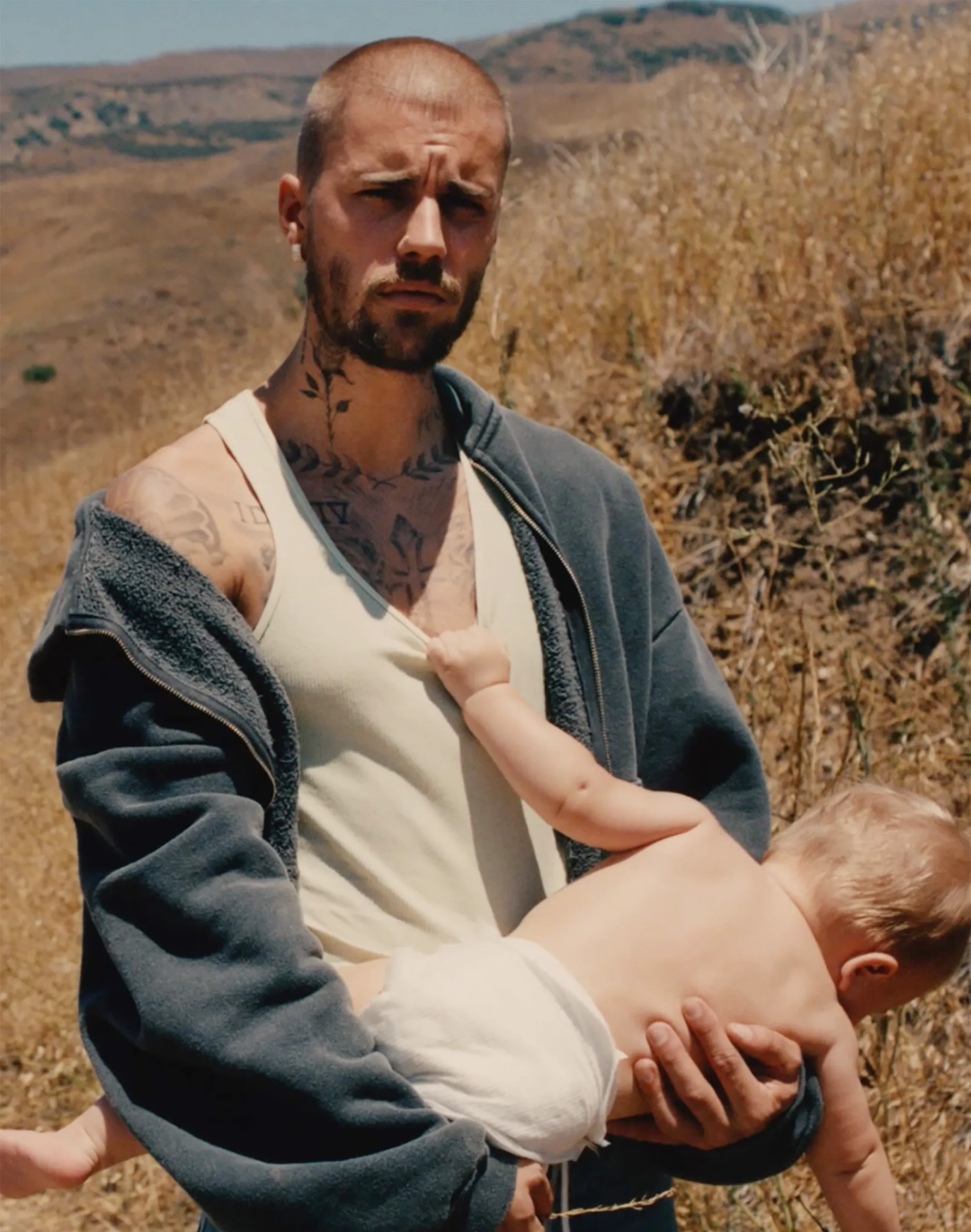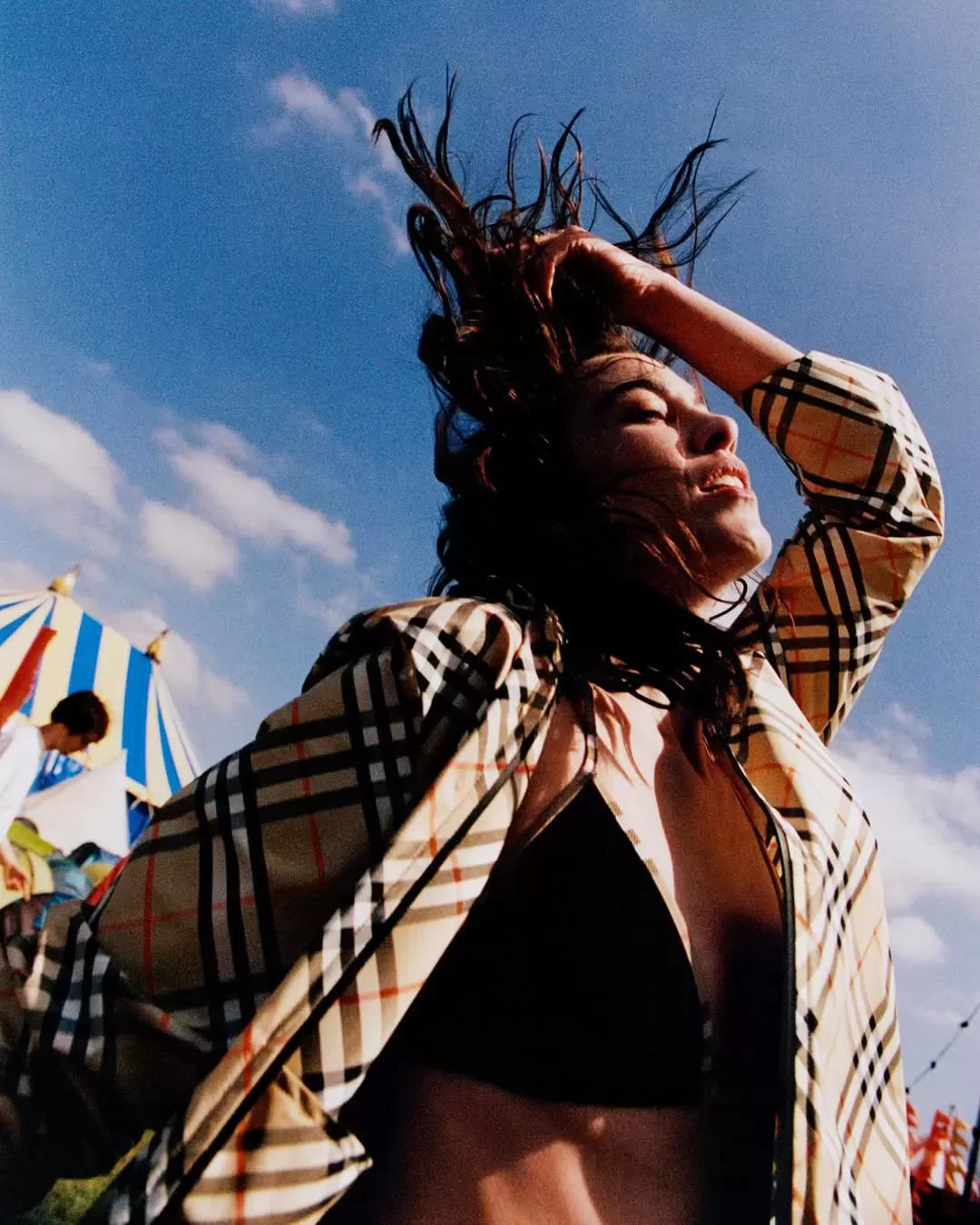
Is this the beginning of the end for Coachella? The festival used to be a symbol, now the audience appears listless
Let's take a step back. It was 2014, Lana Del Rey had just released Ultraviolence after two albums of devastating global success, Tumblr was literally plastered with hipster girls in Doc Martens, sundresses, and a flower crown on their heads. Nine times out of ten, that girl would be at Coachella, the ultimate Californian dream of a generation of Millennials who were just then discovering the true potential of a festival that represented something of a paradise on earth with green lawns, palm trees, tents, and endless parties. Fast forward ten years, and that dream seems to have faded: partly because those dreamy Millennials realized that the hipster lifestyle was just a myth, drowned in the mainstream with its craft beers and Polaroids; partly because as Coachella's popularity grew, so did its prices obscenely; partly because the (still alive but much less strong) generation of early influencers descended on the festival like a swarm of locusts, devouring every trace of spontaneity. Nevertheless, a couple of upheavals in global geopolitics and the economy later, Coachella is experiencing its worst year yet: for the first time in ten years, ticket sales are sluggish, so much so that the immediate sell-out everyone expected has not occurred. As SFGATE writes: "From 2014 to 2022, tickets sold out in a window ranging from just 40 minutes in 2015 to slightly more than 4 hours in 2022," while the same outlet later reported that "three months out from the festival, demand for bookings was 26% lower than at the same time last year." Even the Revolve Festival, the invite-only event dedicated to influencers, has gone from a two-day program to one.
Coachella is coming up and ticket sales were the slowest they’ve been in a decade.
— Jasmine Dotiwala (@jasminedotiwala) March 28, 2024
Are fans worn out from this year’s record-breaking Eras Tour, or Beyoncés Renaissance Tour?
Did Coachella’s lineup simply miss the mark?
Or, is “influencer culture” ruining festivals’ vibes?
Now, these figures are actually open to interpretation because they don't take into account an issue that several participants from past editions have complained about: overselling – the practice of selling more tickets than necessary (raising prices) to present consistently positive growth data. An anonymous Redditor commented two months ago: "They aren't going to sell out because they oversell. Every year they sell more tickets and it's super uncomfortable how many people go. They literally doubled the number of ticket sales and also raised the price. This is what's needed to balance the supply and demand." A survey by Audience Republic also speaks of a certain increase in festival ticket sales compared to 2023 by about 7% - although not specifically for Coachella. Other Redditors also recalled on the forum that even last year, the failure to sell out by the end of February had set off many alarm bells, as had happened in 2019 when Billie Eilish announced a promotion for free merch with ticket purchases.
Several other unofficial but highly plausible statements repeat, again on Reddit, how last year had seen slower sales but with a significant increase in available spots, so the lower sales might be something of a prospective illusion. Just like fashion, Coachella seems increasingly geared towards an audience willing to pay for the ticket and live the best experience by spending not only on tickets but also on accommodations, exclusive relaxation areas, restaurants, transportation, and VIP passes. The affluent clientele seeking these experiences is abundant, and crucially, they are also the clientele most interested in the experience itself rather than matters like the musical lineup, almost as if the popularity of the container had surpassed that of the content.
@ticketrev Coachella is seeing the Slowest Ticket Sales in last 10 Years. Does this say more about the economy, or coachella itself? #coachella #coachella2024 #musicfestival #lanadelrey #dojacat #tylerthecreator #ticketrev original sound - TicketRev
But while the festival likely remains among the most profitable in the world, the real question underlying the economic issues concerns its cultural relevance. This year's lineup is 11% smaller than last year's, its three headliners (Doja Cat, Tyler, The Creator, and Lana Del Rey) are undoubtedly popular but far from the numbers achieved, for example, by Dua Lipa. The type of audience is also very fragmented now, as there are festivals everywhere, such as Lovers & Friends in Las Vegas, where Janet Jackson, Usher, or Backstreet Boys, Snoop Dogg, and Alicia Keys will perform, or the New Orleans Jazz & Heritage Festival, featuring Hozier, Foo Fighters, and Earth, Wind & Fire – in short, every segment of the audience will take away its share of earnings, preferring the more niche and manageable festival to the grand one (Coachella is also very demanding logistically, with travel and access to facilities). But there's no doubt that Coachella no longer holds the collective consciousness of the young, at least on this side of the Atlantic.















































